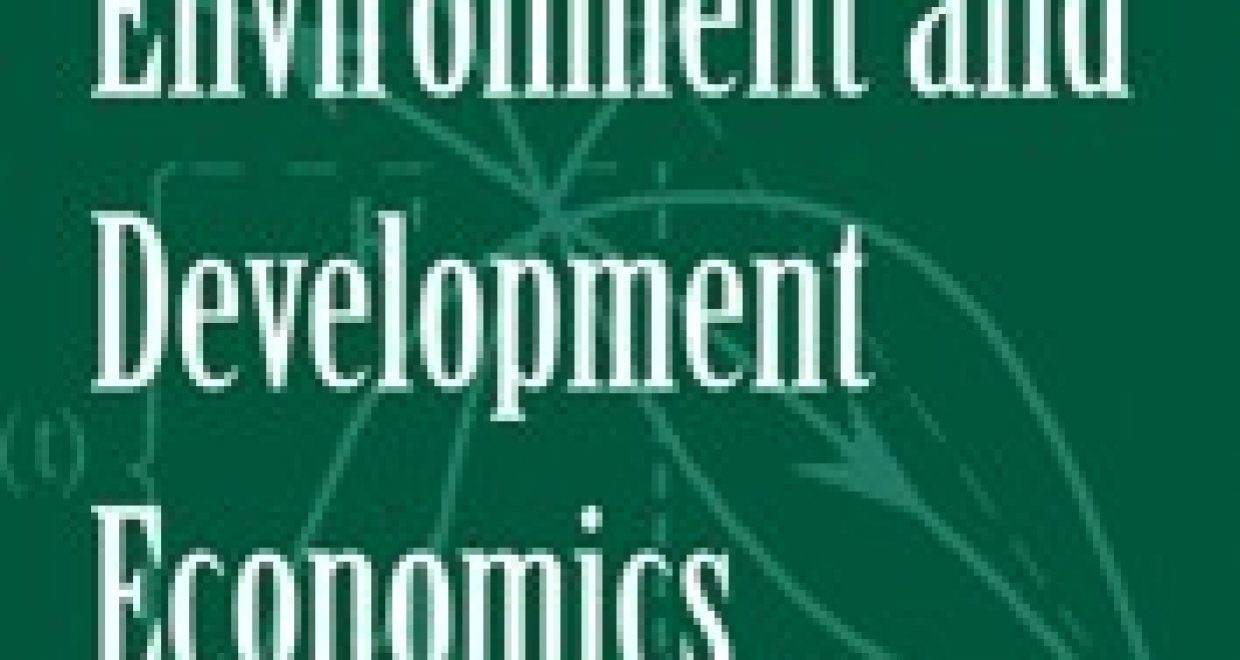How can we measure the wealth of nations?
Sustainability and the wealth of nations have concerned economists for many decades, with economists trying to answer important questions such as:
– How can we measure the wealth of nations?
– How can we know whether or not the actions of present generations will undermine the wellbeing of future generations?
– How can we tell whether the development of a country is sustainable or not?
– How can we assess whether the natural and environmental resources of a country are being used in a way that will provide fair benefits across the same or future generations?
In the current period, with economic recession plaguing large areas of the world, these questions are more relevant than ever. Seeking to contribute to this on-going discussion, the latest issue of Environment and Development Economics presents a symposium centred around a new article, ‘Sustainability and the measurement of wealth’, written by Kenneth Arrow, Partha Dasgupta, Lawrence Goulder, Kevin Mumford and Kirsten Oleson. The discussion is joined by Robert Solow, a pioneer in the field; Kirk Hamilton, who has played a leading role in the development of sustainability measurement; Anantha Kumar Duraiappah and Pablo Muñoz who look at the sustainability issue from a United Nations perspective; Sjak Smulders who focuses on the link between theory and empirical estimations; and Haripriya Gundimeda and Priya Shyamsundar who examine sustainability in the context of India’s growth.
This symposium aims not only to offer new insights into the discussion of sustainability by presenting a comprehensive treatment of the issue through a theoretical framework coupled with an empirical application, but also to provide stimulus for further thoughts and research.






